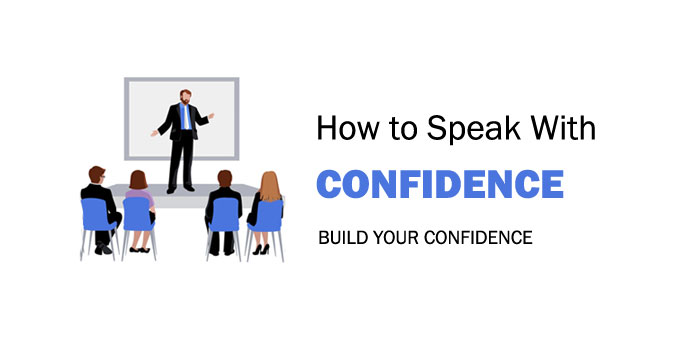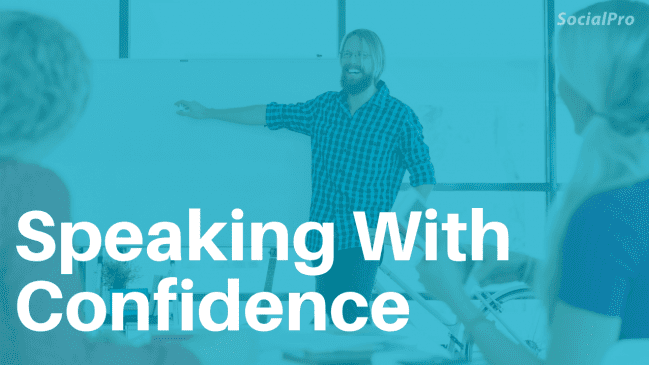How To Talk To People With Confidence

Navigating social interactions can be daunting for many. From professional settings to casual gatherings, the ability to communicate confidently is a valuable skill that can significantly impact personal and professional success.
This article explores practical strategies for fostering confidence in conversations, drawing from expert advice and psychological principles. By understanding and applying these techniques, individuals can overcome anxieties and project a more self-assured presence in their interactions.
Understanding the Roots of Insecurity
Before diving into solutions, it’s essential to understand why some people struggle with confident communication. Often, it stems from a fear of judgment, past negative experiences, or low self-esteem, according to Dr. Olivia Fox Cabane, author of "The Charisma Myth."
These underlying insecurities can manifest as hesitancy, avoiding eye contact, or struggling to articulate thoughts clearly. Recognizing these patterns is the first step toward addressing them.
Practical Strategies for Building Confidence
Preparation is Key
Walking into a conversation unprepared can amplify anxiety. Preparation involves thinking about potential topics and formulating initial thoughts.
For example, if attending a networking event, research the attendees or the company beforehand. This allows you to ask informed questions and contribute meaningfully to discussions.
Mastering Nonverbal Communication
Communication is not just about what you say, but also how you say it. Nonverbal cues, such as body language and tone of voice, play a critical role in conveying confidence.
Maintaining eye contact, adopting an open posture (avoiding crossed arms), and speaking clearly and at a moderate pace can significantly enhance your perceived confidence.
Active Listening and Empathy
Confidence isn't about dominating a conversation; it’s about engaging meaningfully. Practicing active listening—paying attention, asking clarifying questions, and responding thoughtfully—demonstrates respect and builds rapport.
Empathy, the ability to understand and share the feelings of others, also fosters connection and makes interactions more comfortable. According to a study by the Center for Creative Leadership, empathetic leaders are more effective communicators and build stronger teams.
Start Small and Practice
Building confidence is a gradual process. Start by practicing in low-pressure situations, such as conversations with family or close friends. "The key is to gradually expose yourself to situations that make you uncomfortable," explains Dr. Susan Cain, author of "Quiet: The Power of Introverts in a World That Can't Stop Talking."
Role-playing scenarios with a friend or mentor can also provide valuable feedback and build skills in a safe environment.
Reframing Negative Thoughts
Negative self-talk can undermine confidence. Challenge those thoughts by identifying evidence to the contrary. For instance, if you worry about saying something foolish, remind yourself of past conversations where you articulated your thoughts effectively.
Cognitive behavioral therapy (CBT) techniques, often used to treat anxiety, can be helpful in reframing negative thought patterns. Seek professional help if negative thoughts are pervasive and significantly impact your daily life.
Focus on Your Strengths
Instead of dwelling on weaknesses, focus on your strengths and the value you bring to a conversation. Share your expertise and perspectives confidently.
Self-awareness is crucial here. Knowing your strengths allows you to highlight them naturally and authentically in interactions.
The Impact of Confident Communication
Confident communication extends far beyond personal interactions. It's essential for career advancement, building relationships, and advocating for oneself and others.
Individuals who communicate confidently are more likely to be heard, respected, and influential in their communities. This leads to greater opportunities and a more fulfilling life.
In conclusion, building confidence in communication is an ongoing journey that requires self-awareness, practice, and a willingness to step outside your comfort zone. By incorporating these strategies, you can transform anxieties into opportunities for connection and growth, ultimately leading to a more empowered and impactful presence in the world.


















